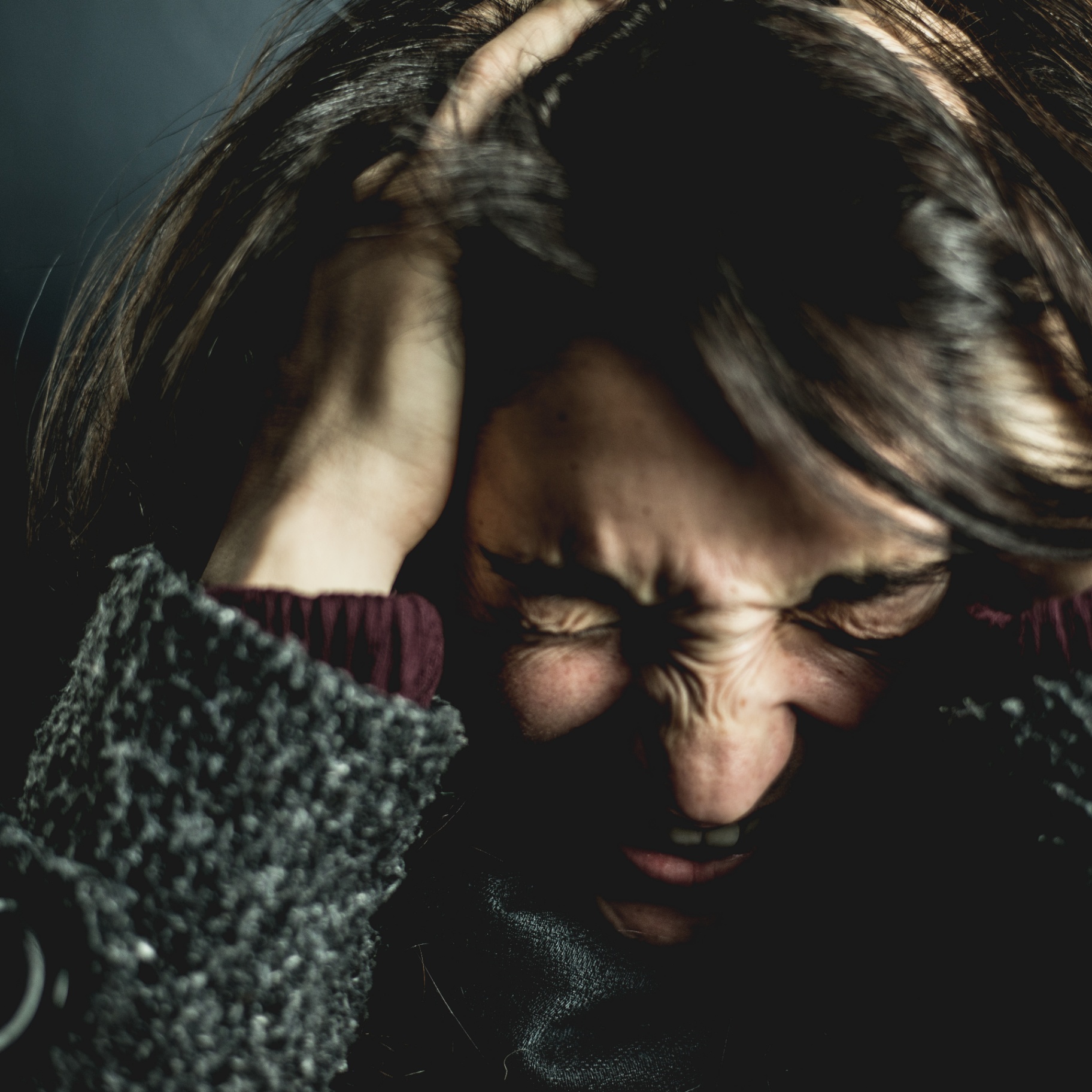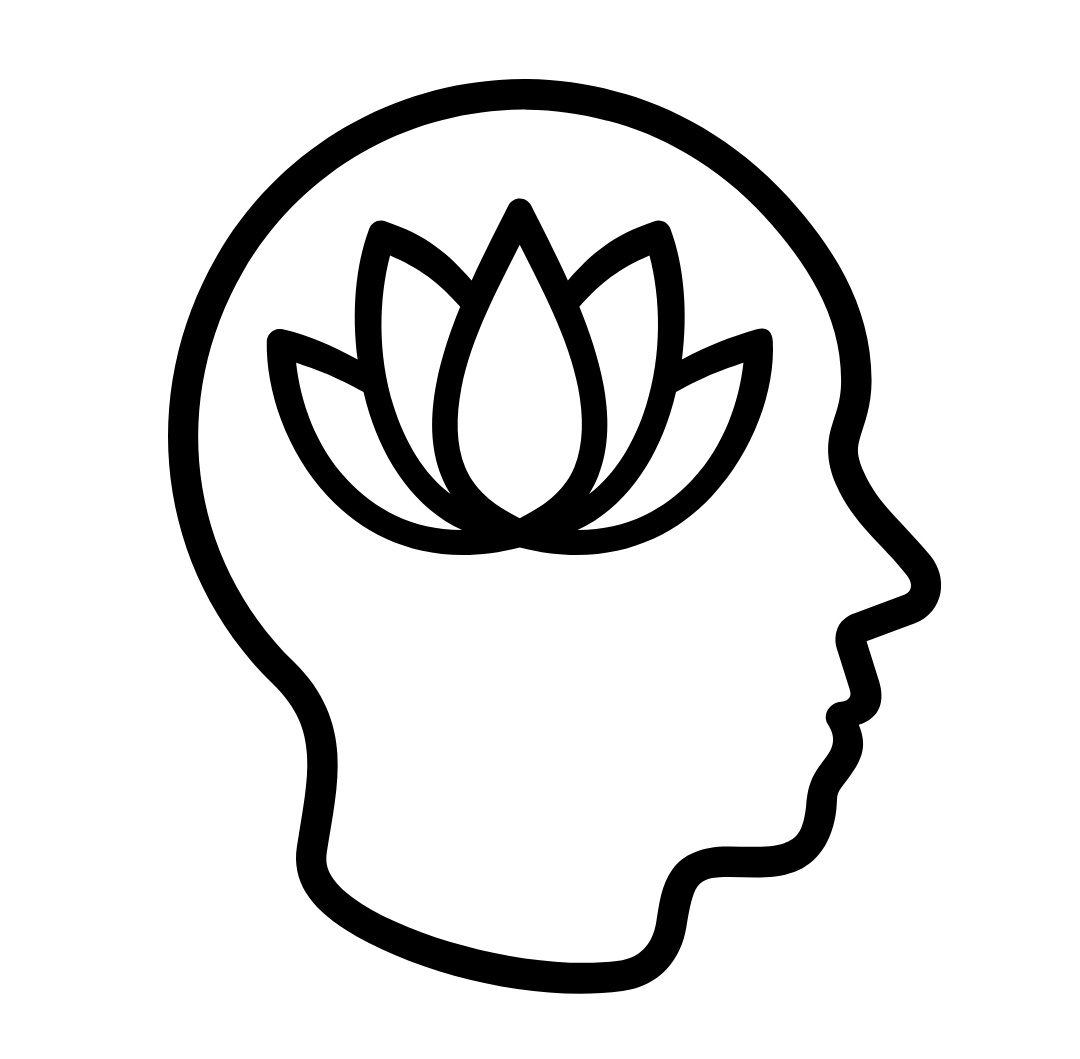If you’ve been living with anxiety, shame, emotional overwhelm, or a sense of being “on guard,” you might have wondered if something deeper is going on. You might feel like your emotions and symptoms are constantly jumping from one to another. Many of our clients describe feeling out of control or trapped in survival mode for as long as they can remember.
You are not broken, and you are not alone. What you’re experiencing has a name— Complex Post-Traumatic Stress Disorder (CPTSD) — and it’s treatable.
CPTSD develops after repeated or ongoing trauma over months or years, rather than a single traumatic incident. This can include:
- Childhood abuse or neglect
- Growing up in a volatile or unsafe household
- Long-term exposure to emotional, physical, or sexual abuse
- Chronic interpersonal stress or trauma
Unlike PTSD, which usually links to one identifiable traumatic event, CPTSD is the result of a lifetime of trauma, often making it harder to pinpoint triggers.
The good news? Healing is possible, and therapy can help you reclaim safety, control, and connection in your life.













